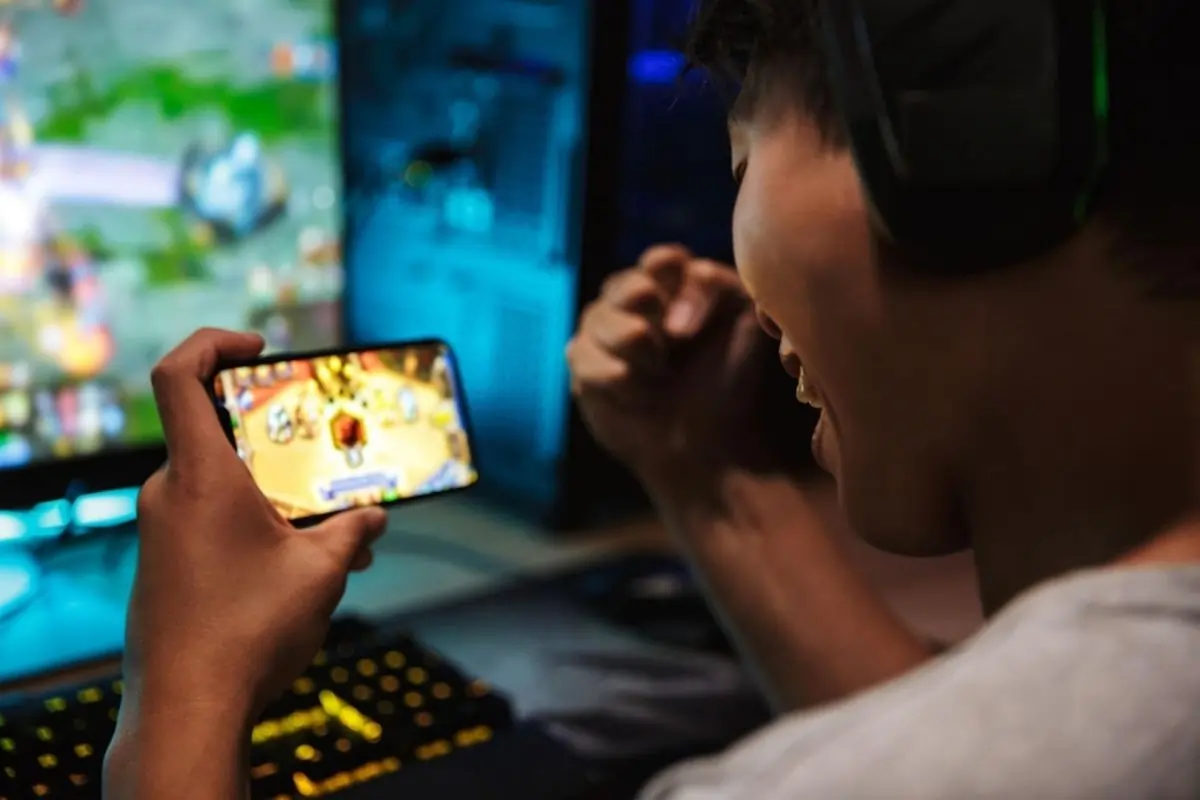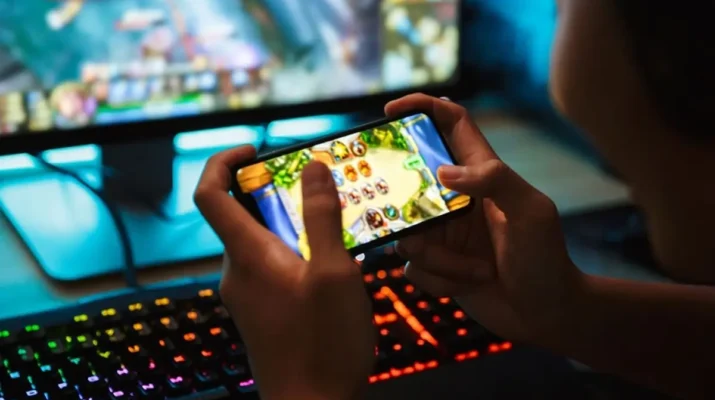For decades, video games have been a controversial subject. Parents, teachers, and psychologists have debated their influence on intelligence and behavior. While some argue that gaming is nothing more than a time-wasting hobby, others believe it can sharpen the mind, improve problem-solving, and even boost creativity. The truth, as always, lies somewhere between myths and scientific evidence.
The Origins of the Gaming and Intelligence Debate

The argument surrounding gaming and intelligence is not new. Since the early days of arcades, concerns about children spending too much time playing games have dominated public discourse. However, with the evolution of gaming technology—from console classics to immersive online worlds—the conversation has shifted. Researchers are now studying whether games might actually improve cognitive functions.
Cognitive Benefits Supported by Science
Several studies suggest that gaming can positively influence mental skills.
Improved Problem-Solving and Critical Thinking
Strategy-based and role-playing games often require players to make quick decisions, manage resources, and plan ahead. These activities encourage logical reasoning and adaptability in complex situations.
Enhanced Memory and Focus
Games with layered missions or puzzles, such as adventure or RPG titles, push players to remember storylines, character details, and specific objectives. This constant engagement strengthens working memory and attention span.
Better Hand-Eye Coordination
Action and shooter games in particular demand sharp reflexes. Players need to synchronize their visual perception with precise motor responses, which can translate into improved hand-eye coordination in real-world tasks.
The Myths About Gaming and Intelligence

Despite scientific support, myths continue to dominate conversations.
Myth 1: Makes You Smarter
Not all games are created equal. Casual games designed solely for entertainment may not significantly challenge the brain. Intelligence growth largely depends on the type of game and the way it is played.
Myth 2: Gaming Replaces Traditional Learning
Gaming can supplement education but cannot fully replace traditional forms of learning. Reading, studying, and hands-on experiences remain irreplaceable in building deep knowledge.
Myth 3: Gaming Is Purely Educational
While some titles are intentionally designed with educational purposes, most games are built primarily for fun. Any learning benefit is often a secondary effect rather than the main goal.
The Social Side of Gaming
Another factor often overlooked is the social dimension of gaming. Multiplayer platforms allow players to collaborate, negotiate, and build communities. These experiences can enhance communication skills and emotional intelligence. At the same time, toxic environments or excessive playtime may harm social well-being, proving that balance is key.
Expert Voices and Personal Perspective
Experts remain divided, but growing evidence suggests that gaming, when consumed responsibly, can enhance certain mental abilities. Yet it is not a universal path to becoming smarter.
“From my perspective as a writer observing the digital culture, I see gaming as a double-edged sword. It has the potential to sharpen the mind, but it can also dull it if consumed without balance or critical thought.”
This quote captures the nuanced reality: gaming is neither a guaranteed brain booster nor a mindless distraction—it depends on how individuals choose to engage with it.
